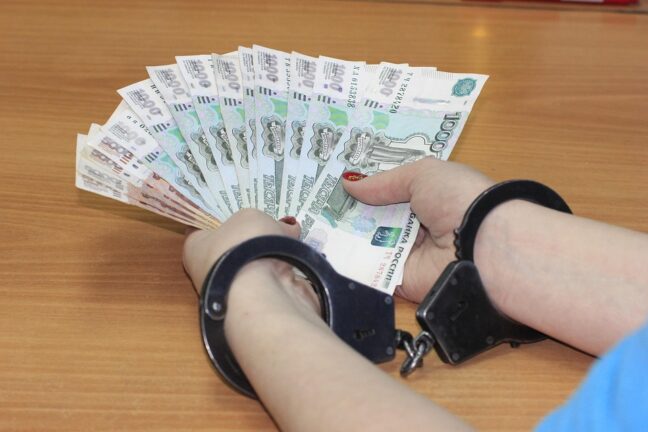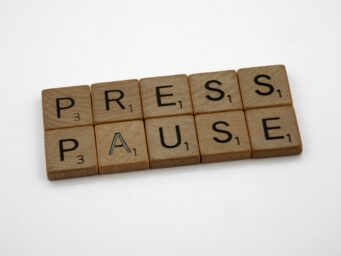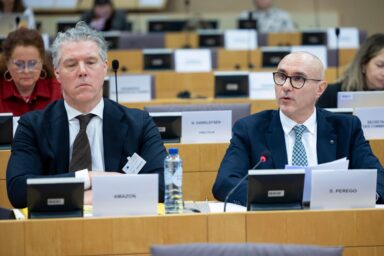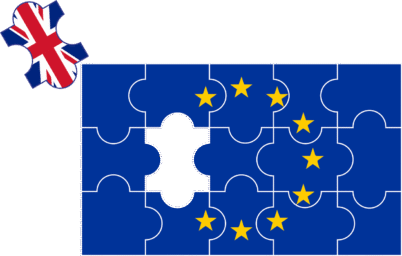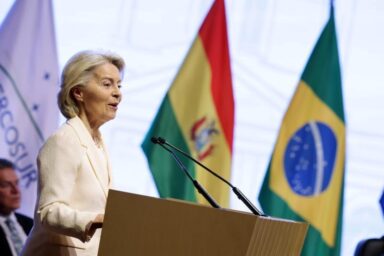Over 80 per cent of residents in four Western Balkan countries think that corruption is widespread in their countries and some 40 per cent feel being personally affected by corruption. These alarmingly high figures were found by the latest Eurobarometer survey conducted in July 2025 in Albania, Montenegro, North Macedonia, and Serbia.
58% of respondents from four Western Balkan countries think corruption is ‘very widespread’ and 28% that it is ‘fairly widespread’ in their country. 39%, on average, agree that they are personally affected by corruption in their daily life. A significant majority of population – 82% – agrees that corruption exists in local or regional public institutions.
81% agree that bribery or the use of connections are the common way to get a position in the public administration. The same share also agree that high-level public servant position nominations are highly politicised.
In the Western Balkan countries, the police (32%) and the media, including newspapers and journalists (29%) are the two institutions respondents would trust the most to deal with or complain to about cases of corruption. Just over one in five (22%) would trust the justice (courts, tribunals, or public prosecution services).
You might be interested
The survey, published in July 2025, was conducted in Albania, Montenegro, North Macedonia, and Serbia in January-February 2025. All four countries are recognised as candidates for membership of the European Union and are engaged in active negotiations. The accession date, however, has not been fixed yet.
Corruption levels higher than EU average
Fighting corruption is among the key areas related to potential accession to the European Union. Other surveys show that though corruption is felt as a major problem in many EU countries, the levels of corruption perception in Western Balkans are well above the EU average.
The latest Eurobarometer survey showed only slight differences among the four countries that were part of the poll. The highest levels of corruption perception were recorded in North Macedonia (67% of respondents declared corruption to be ‘very widespread’). On the contrary, the lowest recorded level of corruption perception was found in Serbia (54%).
